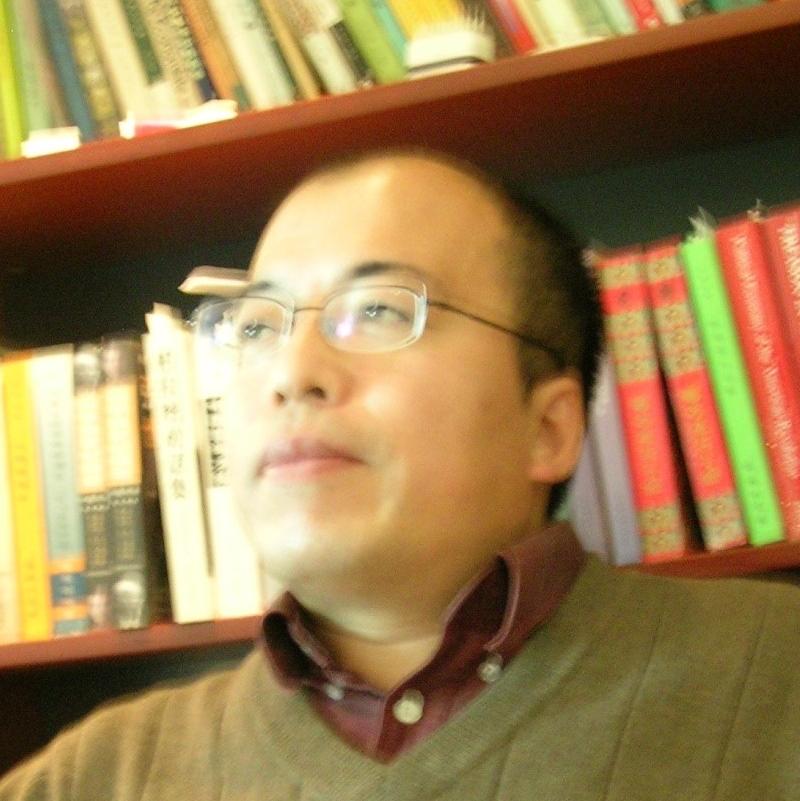Just three days after the conclusion of the CPC’s Third Plenum on November 12, US Secretary of Treasury Jacob Lew, Obama’s special envoy, paid a visit to Beijing and met with China’s top leader Xi Jinping. At the same time, Chinese Vice Premier Liu Yandong made an eight-day trip to the United States three days after Lew’s leaving. Then, we see US Vice President Joe Biden’s visit to Beijing. The most recent round of high-level interaction between the two countries by the end of the year which is full of “positive momentum” in Sino-US ties, sent a clear signal that both sides are expecting to deepen mutual engagement and to advance bilateral cooperation in the next decade. Washington’s response and strategic option with regard to China’s new reform will not only reshape in large part China’s external environment in the foreseeable future, but also determine what it means to US as well as how US itself can make profit from the Chinese reform.
In the past four decades, the US has witnessed China’s fundamental transformation, and has greatly benefited from it by supporting China’s full engagement into the world system. In the economic field, the bilateral trade volume rushed to nearly $500 billion in 2012, each becoming the number two trading partner with the other country. And the stock of mutual foreign direct investment(FDI)broke a record high of $100 billion up to the end of 2012. Affluent low price Chinese goods help save billions of dollars for American consumers and lower inflation rate in US. As the largest foreign holder of US Treasury Bonds valued at about $1.3 trillion, China also provides huge amount of money for US government who eagerly needs trillions of dollars to financially support the wars in Afghanistan and in Iraq after the 9/11 terrorist attack, and then to jump start the paralyzed economy after the economic crisis. In the area of security, the two countries share more common interests than divergences. From the denuclearization in the Korean Peninsula to the stable supply of oil in the Middle East and from the anti-piracy in the Indian Ocean to the free and safe navigation in the South China Sea, the United States and China share many of the same national security concerns.
Either from historical practice or current interests or strategic vision, the US should not only quickly endorse, but also actively get involved in China’s new reform. The new reform is more market oriented than the previous one, and is mainly aimed at the establishment and improvement of a modern governing system and capability. As the largest advanced country in the world, the US can provide rich and successful experience in market economy as well as social management. As China is committed to more rule of law, greater respect of human rights and improved compliance with universal standard of market economy, the American interests in China will be better protected and greatly enhanced. With the progress of rebalance in its economy, the ratio of China total trade surplus to its GDP has fallen within 3%. Under the National Export Initiative(NEI)launched by the US government in 2009, American export to China is more than doubled which made bilateral trade more mutually beneficial. China’s new leadership has reiterated that Chinese investment overseas will be targeted at $500 billion and its total import at $1 trillion in the next five years. These promise great opportunities for the US as well as other nations. As the US is trying to attract huge scale of foreign investment in the localities, Chinese company can definitely play a key role in this regard. China has become the third largest investor overseas, next only to the US and Japan.
Strategically speaking, American support to the new reform is the best approach to keep its promise to China and to avoid a hostile China in Asia-Pacific and around the world, which would result in a potential conflict or war that neither side wants. The Obama Administration has repeatedly said that the US hopes to see a stable, prosperous and strong China, and that it welcomes the peaceful rise of China. If US fails to openly back China’s new reform, China may see it as a broken promise and an unthinkable behavior to its emergence, and it could finally cause an intensified strategic trust deficit which has been growing for years between the two sides. As both the Chinese and American leadership are committed to the building of a new model of major country relationship, the US denial of the new reform will have negative strategic impact to the bilateral ties as well as to the regional stability and prosperity.
While benefiting from China’s new reform over the long haul, the US should be also aware of three potential trends of power shift in the Sino-US relationship. At present, the Chinese economy accounts for over half that of the US. If China maintains an annual growth rate of over 7% while the US keeps its rate at around 3% over the next decade: at first, it is measurable and understandable that China’s economic scale is expected to catch up with or at least is more equivalent to that of the US, and it could imply an economically more equal status between the two sides which may lead to more competition than cooperation; secondly, as its contribution to the world economy continues, China could become the real engine of global economy, just as it has been performing since the financial crisis;thirdly, China is expected to avoid the so-called “middle income trap”, and turn itself into a high-income country in the next decade. The strategic implication and international influence of these changes could be difficult to forecast, but the rhetoric of American economic leadership will surely be lowered in the coming years.
At present, both China and the US are going through hard reform respectively, each side has their own problems and they should be fixed alone. The future of the new model of Sino-US relationship will depend largely on whether and how China and the US can achieve their goals through difficult reforms.
Qian Liwei is an Associate Research Fellow with China Institutes of Contemporary International Relations (CICIR).



